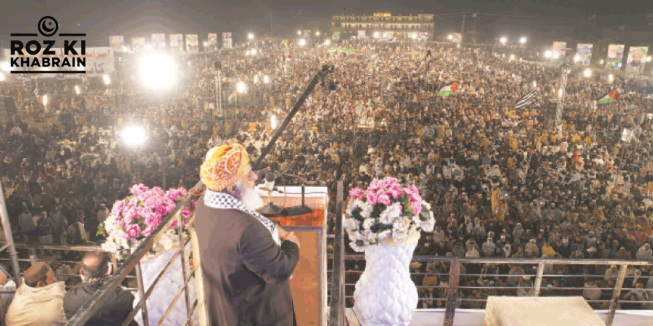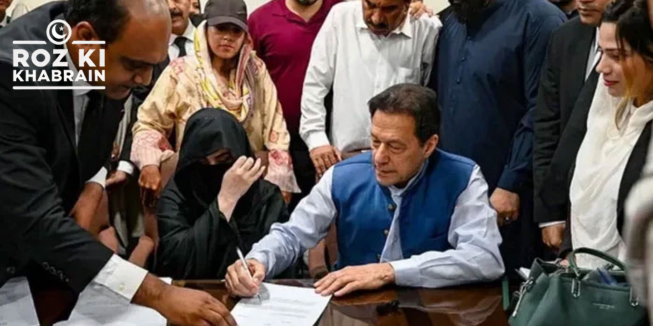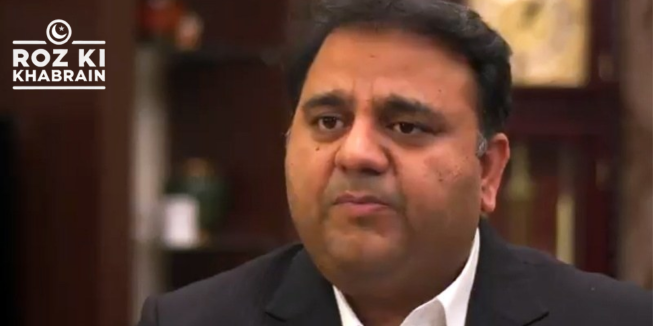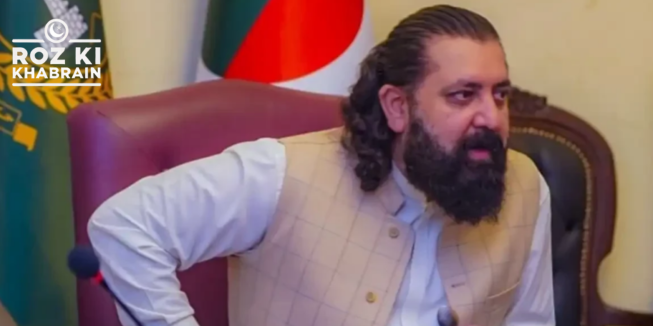Jamiat Ulema-e-Islam (F) chief Maulana Fazlur Rehman on Monday rejected the government’s proposed amendments to the Madrasah bill, asserting his party’s firm stance against accepting any of their suggestions.
During a press conference in Charsadda, Fazlur Rehman emphasized that the JUI-F would not consider any amendments presented by the government, rejecting them outright. He questioned why the President returned the Madrasah bill, which had already been approved by the National Assembly and Senate, with objections.
He argued that if the President could sign other bills into law, there was no justification for sending the Madrasah bill back. Addressing the government’s stance on madrasah affiliation with the Ministry of Education, he clarified that the bill ensures madrasahs have full autonomy to affiliate with any federal institution, whether under the 1860 Act or the Ministry of Education.
Fazlur Rehman also expressed concern over attempts to create divisions among religious scholars and madrasahs regarding the bill. He stressed that all scholars and madrasahs had reached a consensus on the matter. He announced that a crucial meeting, led by Mufti Taqi Usmani and the Federation of Madrasahs president, is scheduled for December 17 to finalize a unified decision on the bill.
The JUI-F leader urged the government to refrain from politicizing the issue, emphasizing that it is a matter of law and regulation. He criticized the government’s efforts to bring madrasahs under an executive order, calling it an attempt to control them.
A day earlier, Fazlur Rehman warned that if his party decides to march to the federal capital, they would remain resolute despite opposition.
“We are not the kind to retreat. Those in uniform and intelligence agencies should stay within their limits and stop issuing threats—we are tougher than you think,” he declared. He accused the government of deceit and betrayal over the Madrasah bill.
He further claimed that the government had violated agreements and was not representing the people but rather the establishment. He accused the establishment of undermining Pakistan’s ideology, alleging that their actions were leading to the country’s disintegration.




